Issues of trust, necessary steps and an inevitable orientation.
Issues of trust, necessary steps and an inevitable orientation.
By Orçun Göktürk, from Beijing / China
The call by Nationalist Movement Party (MHP) Chairman Devlet Bahçeli for a “Türkiye-Russia-China alliance” should be recorded as an important turning point on Türkiye’s foreign policy agenda. Bahçeli’s proposal of a “TRC” (Türkiye-Russia-China) axis against the US-Israel-centered coalition must be regarded as a strategic orientation directly concerning Türkiye’s geopolitical future.
The Alliance Must Be Named
Bahçeli’s move is historic, yet the need for an alliance must be clearly named. Türkiye has long been engaged with the Western-centered economic and security bloc. However, in the new century when multipolarity is on the rise, it is inevitable for Türkiye to determine a lasting strategic orientation. This must also be consolidated through institutional and concrete steps.
At this point, the most important step to be taken is for Türkiye to accelerate its membership process to BRICS and to set as a goal full membership in the Shanghai Cooperation Organization (SCO), of which it is currently a “dialogue partner.” BRICS and the SCO are not only platforms for economic cooperation but also the cornerstones of Eurasia-centered alternative institutions against Western hegemony. Unless Türkiye takes its place in these institutions, initiatives such as Bahçeli’s “TRC alliance” will remain only rhetoric.
The Policy of Balance Must be Abandoned
President Recep Tayyip Erdoğan, in recent years, has also referred to cooperation with China, specifically to the “Chinese model” on the economic front, and has frequently mentioned the BRICS-SCO membership perspective. However, Erdoğan has often used these statements as a “balancing element” to increase his bargaining power against the West.
During this process, Türkiye’s foreign policy, oscillating between the Atlantic and Eurasia, prevented it from developing a clear strategic orientation. Militarily, Türkiye still depends on the U.S. and NATO; economically, it remains structurally embedded in the EU-US-centered system. Thus, Erdoğan’s initiatives have often remained tactical maneuvers, while no long-term alliance based on trust has been established with Eurasia.
The Issue of Trust
Türkiye’s wavering stance in the Ukraine war has deepened the problem of credibility toward Russia, if not entirely, then significantly. While Ankara tried to maintain diplomatic relations with Moscow, it also took a contradictory position by selling weapons to Ukraine and making pro-Western statements. Similarly, on China, it damaged Beijing’s trust by falling for the Western-centered black propaganda over the “Uyghur issue.” Indeed, immediately after Bahçeli’s call for a “TRC alliance,” it was announced that Erdoğan would visit Washington on September 25, where numerous civilian and military agreements would be on the table.
Likewise, Türkiye’s support for the overthrow of Assad in Syria and for HTS—which includes a considerable number of terrorists of East Turkistan origin—remains another development followed with concern from China’s perspective.
Such zigzags have dragged Türkiye into the position of an “unreliable country” in the eyes of Russia and China. Yet, a Eurasian alliance requires mutual trust and strategic commitment. What makes Bahçeli’s initiative important is the necessity for Turkish foreign policy to adopt a clear orientation precisely to overcome this trust issue.
Historical Background and the New Era
Throughout the history of the Republic, Türkiye’s geopolitical strategy has mostly aligned with the Western bloc. NATO membership, the goal of EU accession, and the concept of a “strategic partnership” with the U.S. formed the cornerstones of this process and shackled Türkiye’s feet. However, in recent years, the West’s overt hostility toward Türkiye, the constant sanctions, threats, impositions, and the crisis into which the Atlantic economy has dragged Türkiye, have created a turning point.
Meanwhile, the distribution of power in the global system is shifting. As the U.S.’s unipolar hegemonic era comes to an end, a multipolar world order is increasingly taking shape. Eurasia-centered actors, especially Russia and China, are building their own institutions to create alternatives to Western impositions. In this new environment, Türkiye must abandon wavering and make a lasting choice.
Conclusion: An Inevitable Orientation
A transition to an alliance with Russia and China is not merely a tactical maneuver, but also a strategic reorientation that aims to position Türkiye as a significant actor in the emerging Eurasian landscape.
Bahçeli’s “TRC alliance” proposal clearly reveals the strategic necessity before Türkiye. This necessity is Türkiye’s turn toward Eurasia, active participation in institutions such as BRICS and the SCO, and the construction of a long-term, trust-based cooperation with Russia and China.
Desperation and deadlock cannot be Türkiye’s destiny. The Turkish nation and state must take their proper place in the multipolar world order of the new century. This position cannot be achieved through total dependence on the Atlantic, nor through a wavering balance policy, nor by using BRICS-SCO as a bargaining chip against the West. The real option is Türkiye’s strategic alliance with Russia and China and its active role in building the Eurasian alliance.







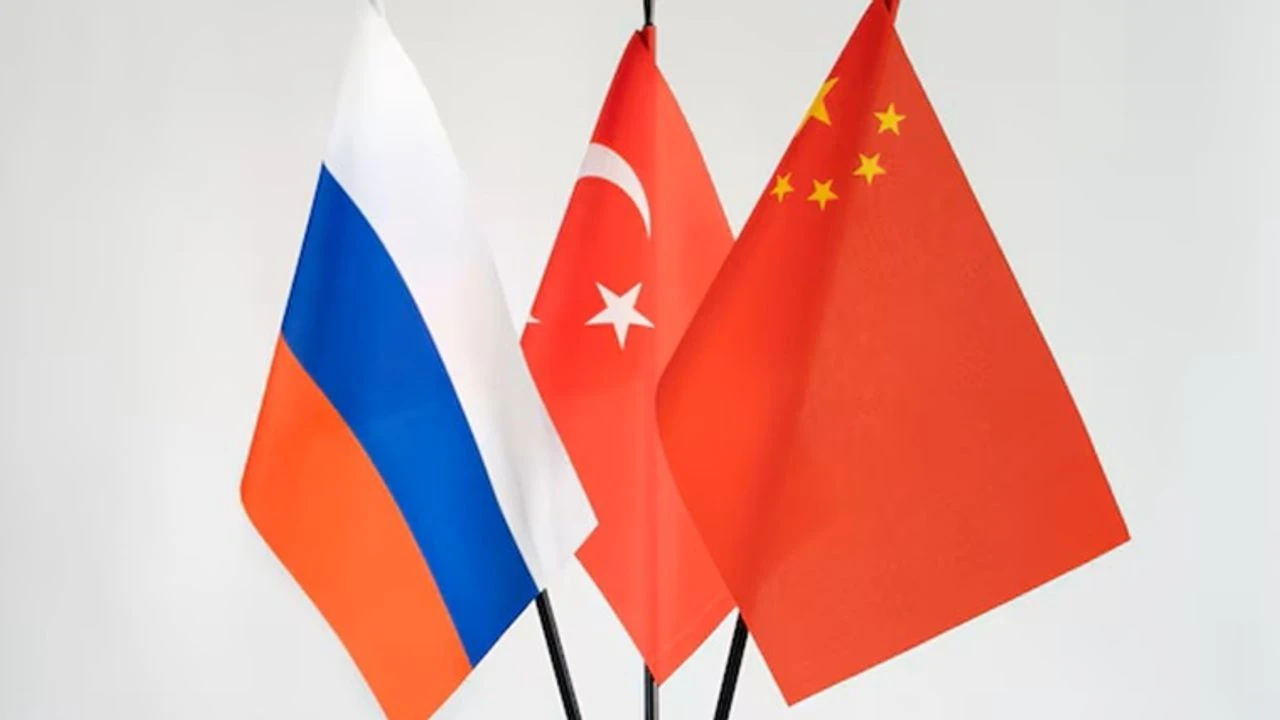
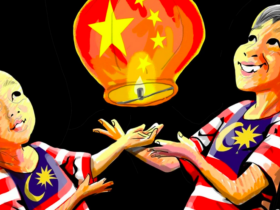
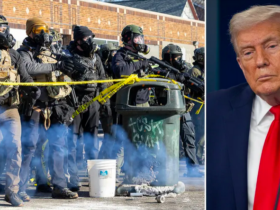
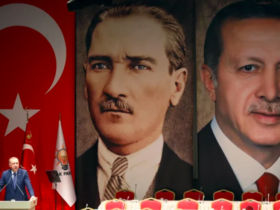
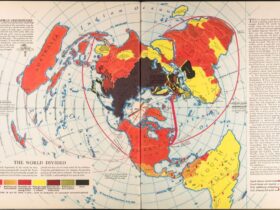
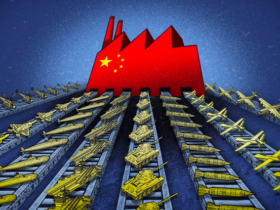
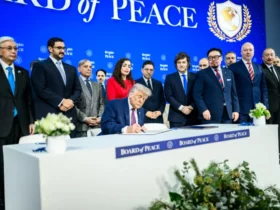
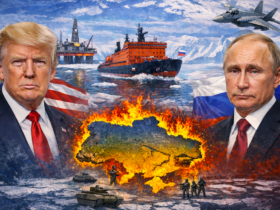


Leave a Reply